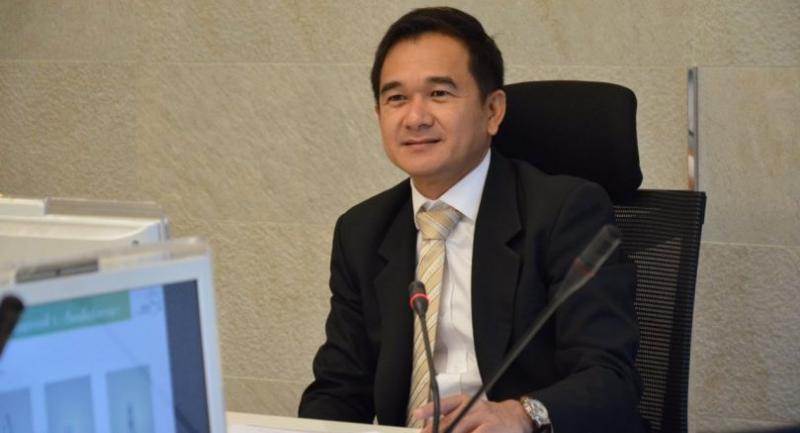
ECONOMISTS and land developers are cautious about the Finance Ministry’s intention to impose a windfall tax on property owners who benefit from government infrastructure projects.
Sakon Waranyuwattana, dean of Thammasat University’s faculty of economics, said the new tax could duplicate those under the Land and Buildings Tax Bill, which is also being considered by the National Legislative Assembly, resulting in double taxation.
The windfall tax bill being drafted by the Finance Ministry would result in the collection of taxes from property owners whose property values appreciate because of government transport projects, Krisda Chinavicharana, director-general of the Fiscal Policy Office, said yesterday.
The tentative rate is about 5 per cent of the appreciation value.
Properties located within 5-6 kilometres of new transport routes such as railways, roads or airports would be subject to the new tax. Properties located near existing projects, such as the Skytrain and subway in Bangkok, would not be affected.
Krisda said the ministry would soon submit the bill for the Cabinet’s approval.
Sakon said he was concerned that the new tax might be unfair to land developers and landowners who usually also pay income tax and transfer fees, which cost about 5-7 per cent of the appraisal price.
“Should the Finance Ministry introduce the new tax, it has to take into account land and property tax and land transaction fees,” he said.
In principle, it is a good idea, as those whose land values rise from the development of the Eastern Economic Corridor, for example, should pay more tax. But implementing the levy would not be easy, he said.
Moreover, the government may need to look at fair compensation for landowners whose property is appropriated by the state.
Meanwhile, Thai Condominium Association president Prasert Taedullayasatit, who is also chief executive officer of Pruksa Real Estate, said the government could already collect additional tax that reflects the value of land rising from infrastructure improvements, so it did not need a windfall tax.
He said the Treasury Department of the Finance Ministry revised land appraisals every four years, and these revisions reflect how the land values have benefited from infrastructure projects. If the government wants more revenue from land development, it does not need new tax legislation but only has to revise land appraisals every year, he said.
Normally, officially appraised land values are 5-20 per cent lower than market prices, depending on location. In some locations, the market price may be lower than the appraised value but in some locations it may be 100 per cent higher, Prasert said.
If the government introduces a windfall tax, it will mean double taxation and will increase the cost of developing residential projects, which in turn will mean people have to pay more to buy a home, he said.
He also said the government should concentrate on the land and building tax, which is expected to come into force in the next few years.
Currently, land developers have to pay a 2-per-cent transfer fee when buying undeveloped land from landowners, a 1-per-cent mortgage fee, and a special business tax of 3.3 per cent, as well as corporate income tax. Homebuyers have to pay a transfer fee of 2 per cent of the home’s value and a mortgage fee of 1 per cent.


